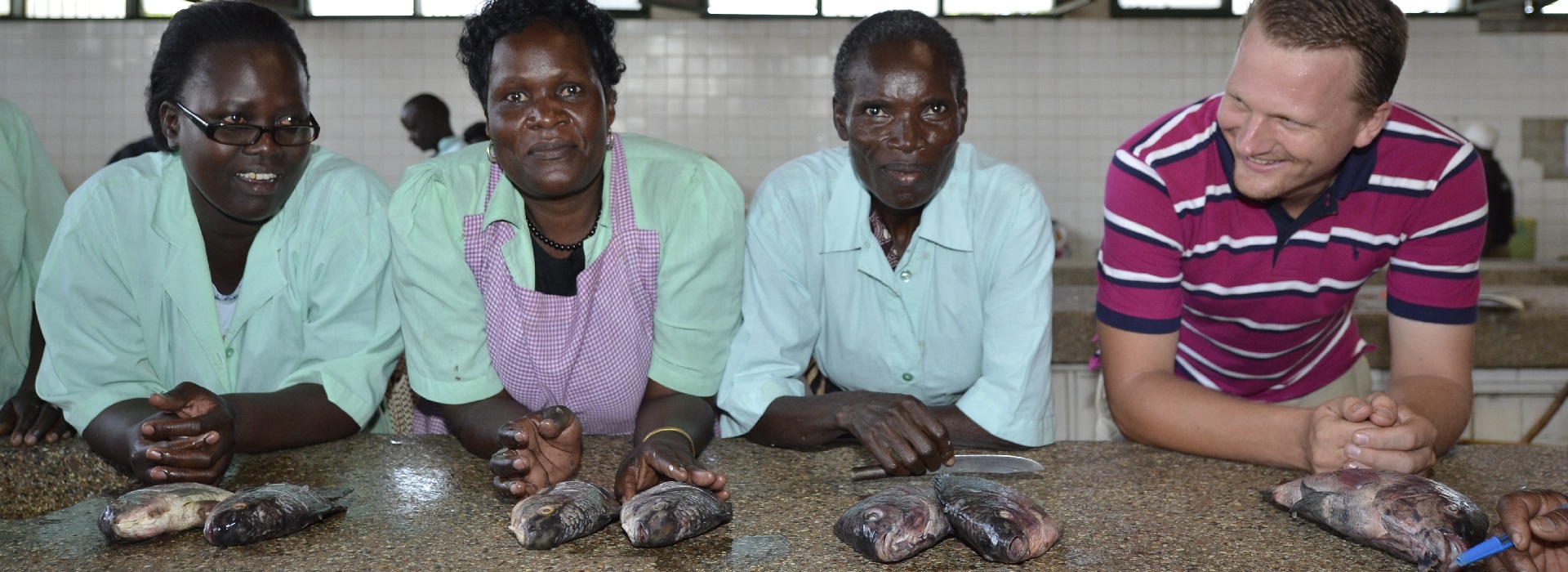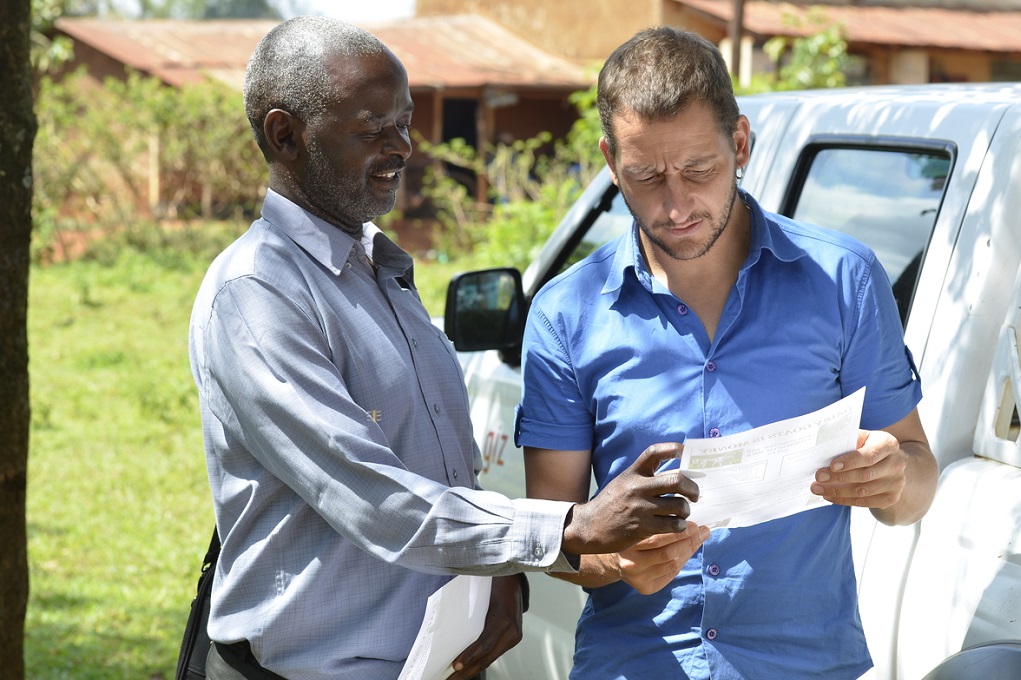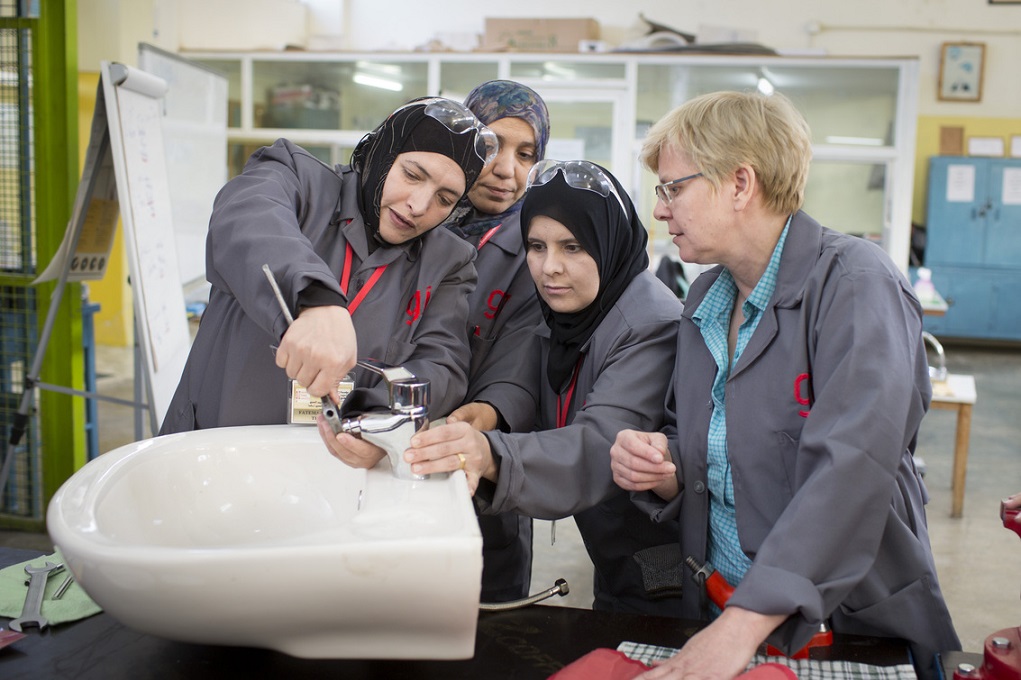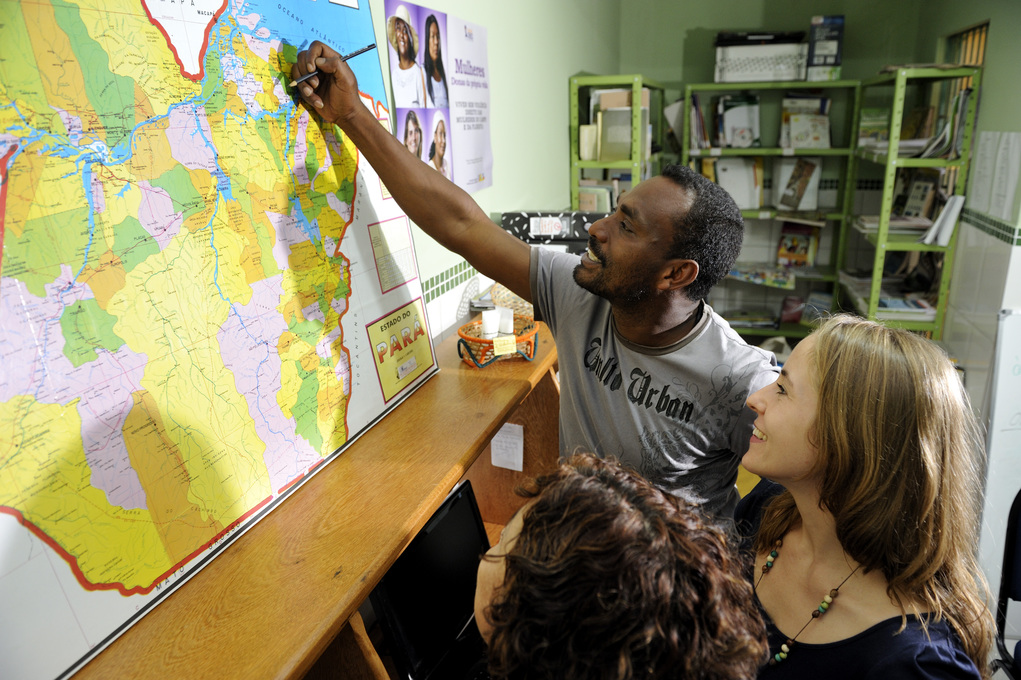GIZ Development Service
As a development worker, your employment status will be governed by the German Development Workers Act (EhfG). Development workers are deployed for a fixed term to actively help shape cooperation through partnerships between people and organisations worldwide and work towards global sustainability and quality of life.
As a development worker, you will be involved in development policy issues, gain new insights and help build a tolerant and open-minded society. Through your commitment and solidarity, you will be promoting ongoing development in our partner countries and helping to improve the living conditions of people locally.
You will be using your specialist expertise and your ‘outsider’s view’ to support our partners in developing innovative solutions and tackling barriers to development. Your role working directly with partner organisations, often outside central locations in a country, will illustrate how solutions developed jointly with the partner are likely to be accepted. This means that you will have an importing bridging function within GIZ when it comes to implementing German development cooperation programmes.
And when you return to your home country, you will have gained a fresh perspective and will be able to contribute your newly acquired knowledge to your own society.
Are you interested in being a development worker abroad? We look forward to receiving your application.



